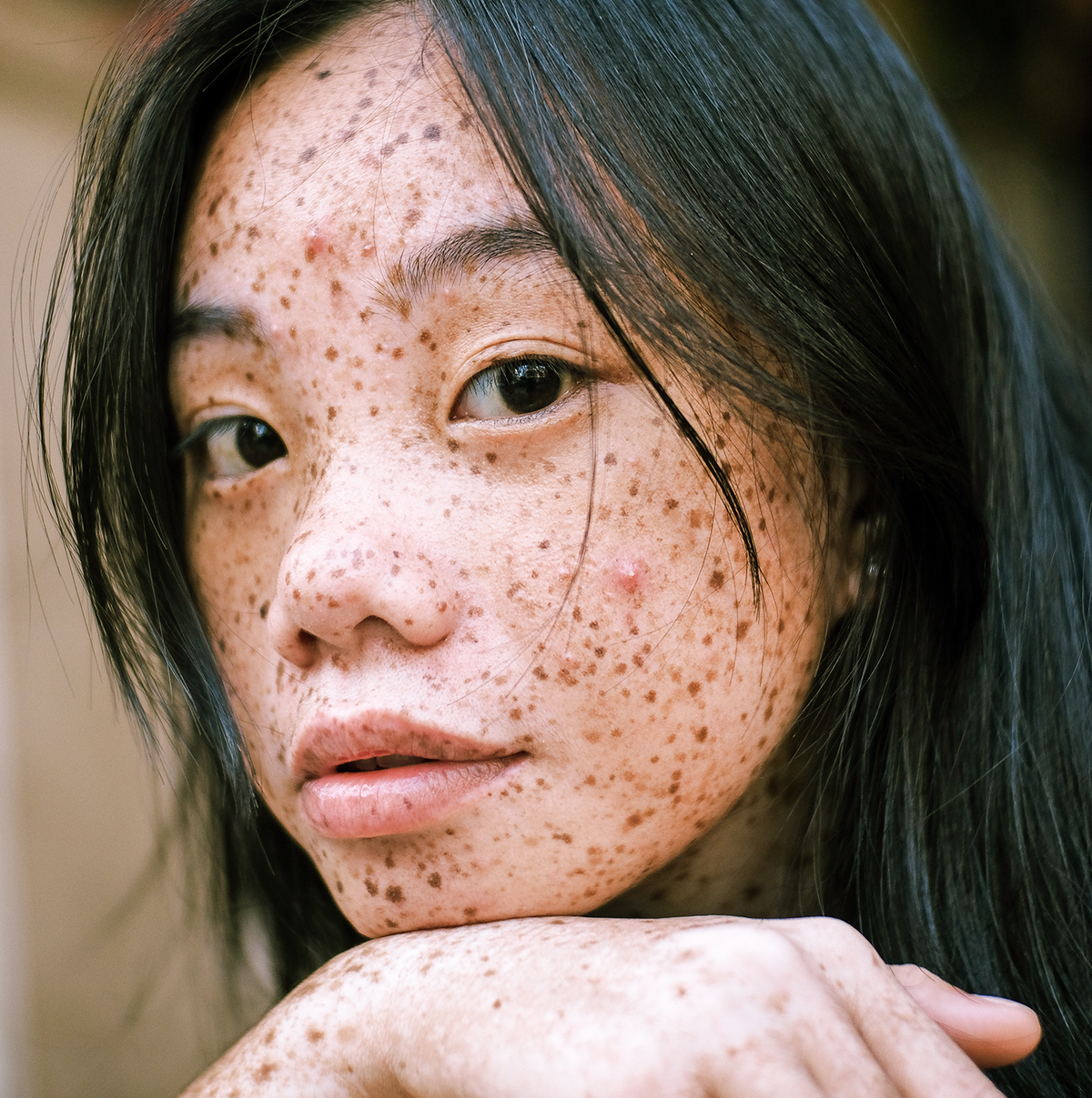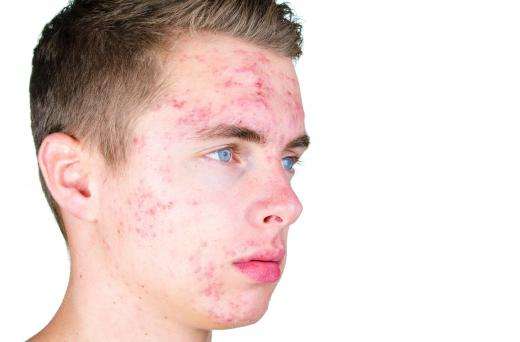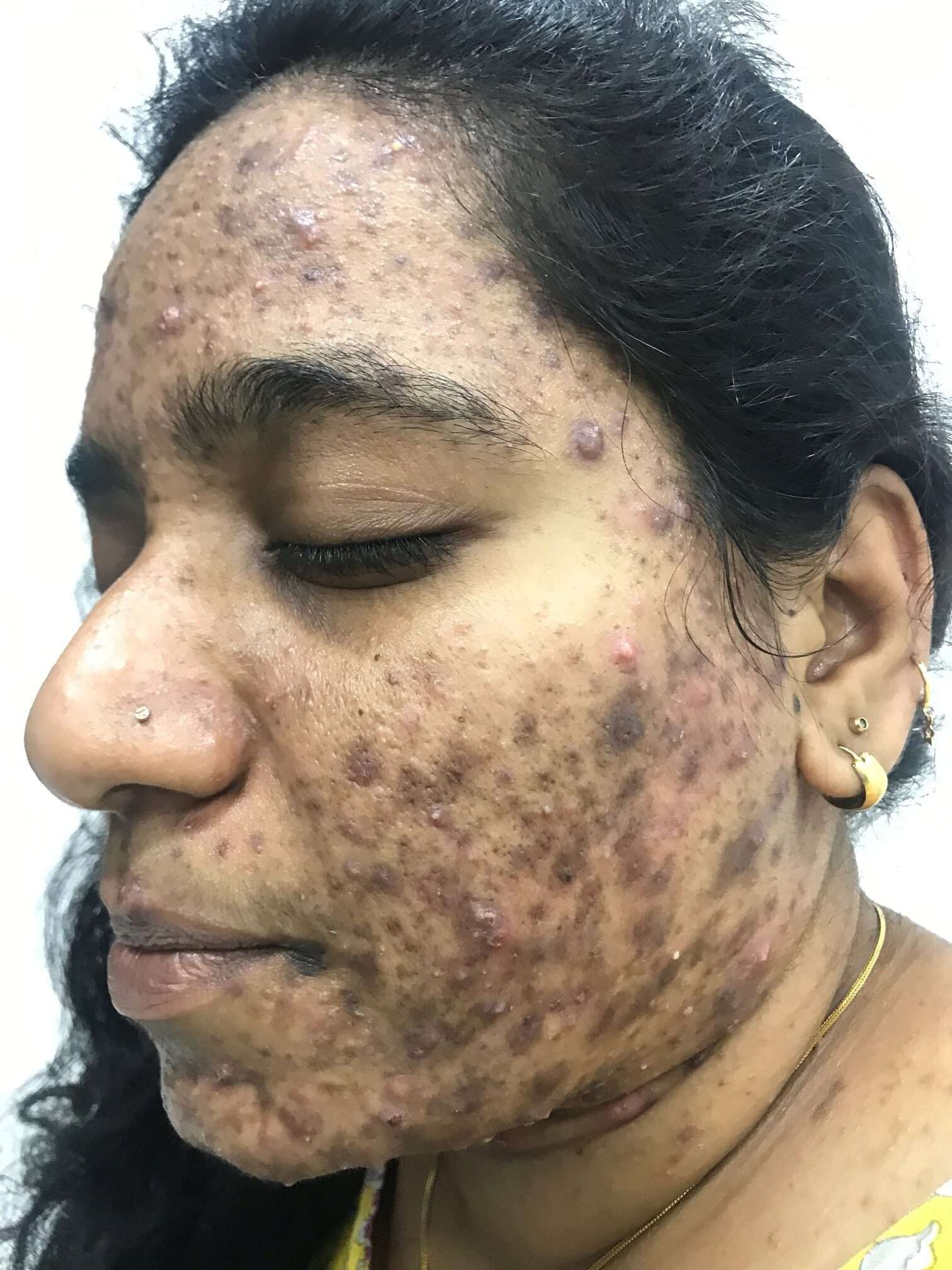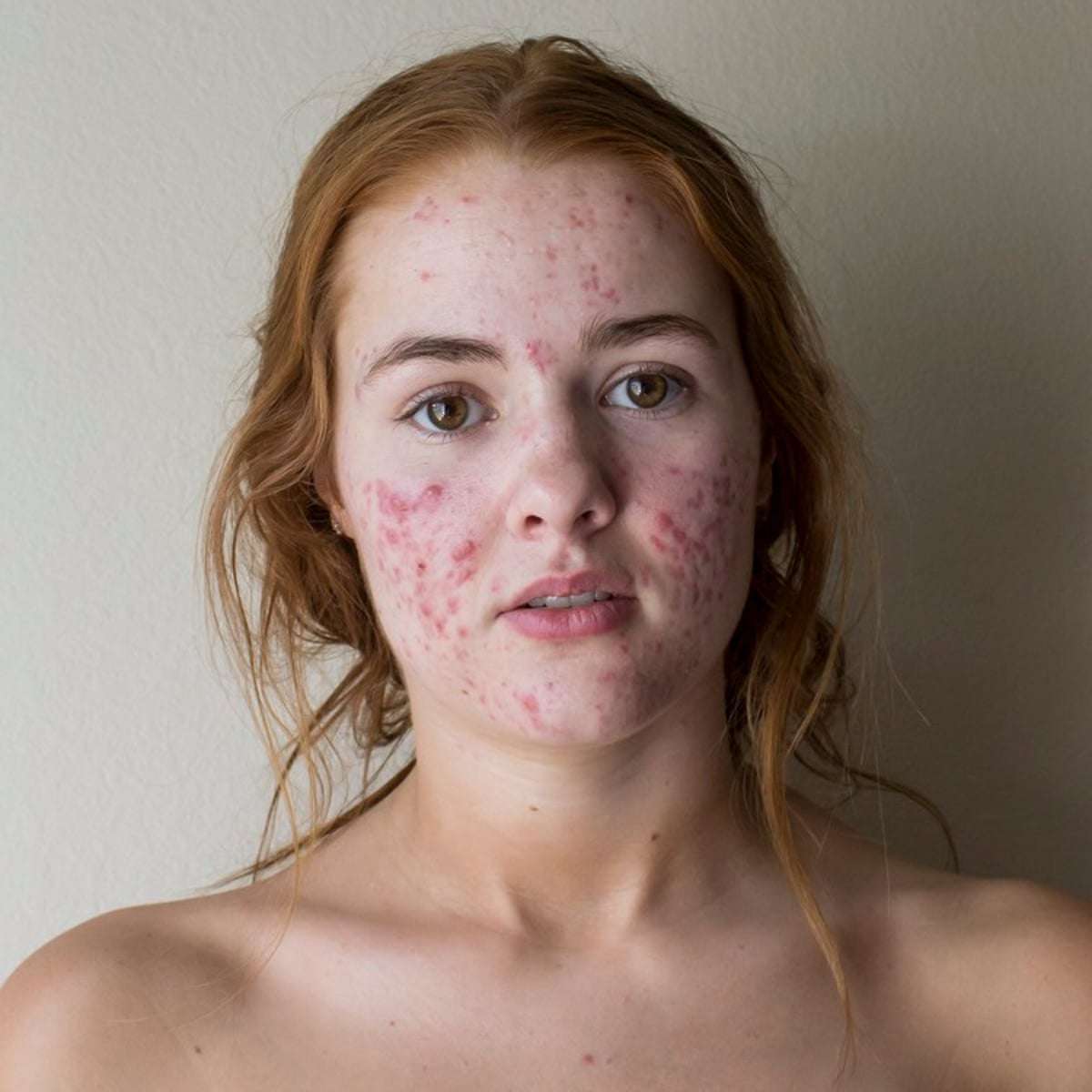Title: Understanding Acne: Signs, Symptoms, Causes, Risk Factors, Diagnosis, Prevention, Diet, Lifestyle, and Homoeopathic Treatment
Introduction:
Acne is a common skin condition that affects millions of people worldwide. It can cause physical discomfort and impact self-esteem. Understanding the signs, symptoms, causes, risk factors, diagnosis methods, prevention strategies, diet and lifestyle considerations, and the potential role of homoeopathic treatment is crucial for effectively managing acne. In this blog post, we will explore the key aspects of acne and its holistic approach to treatment.
Signs and Symptoms of Acne:
1. Whiteheads: Small, flesh-colored or white bumps on the skin's surface.
2. Blackheads: Open comedones characterized by dark spots on the skin's surface.
3. Papules: Small, red, and raised bumps.
4. Pustules: Red bumps with a white or yellowish center.
5. Nodules: Large, painful, and deep-seated bumps beneath the skin.
6. Cysts: Painful, pus-filled lumps beneath the skin's surface.
Common Causes of Acne:
1. Hormonal changes: Fluctuations in hormone levels during puberty, menstruation, pregnancy, or hormonal disorders can trigger acne.
2. Excess sebum production: Overproduction of oil by the sebaceous glands can clog pores and lead to acne.
3. Bacterial infection: The presence of Propionibacterium acnes bacteria on the skin can contribute to acne formation.
4. Clogged hair follicles: Dead skin cells and oil accumulation can block hair follicles and lead to acne development.
5. Inflammation: Inflammatory responses within the skin can exacerbate acne symptoms.
Risk Factors for Acne:
1. Age: Adolescents and young adults are more prone to developing acne due to hormonal changes.
2. Family history: Acne can have a genetic component, so having close relatives with acne may increase the risk.
3. Hormonal changes: Conditions such as polycystic ovary syndrome (PCOS) can increase the risk of acne.
4. Certain medications: Some medications, such as corticosteroids or lithium, may contribute to acne formation.
5. Cosmetics and skincare products: Certain products can clog pores and worsen acne symptoms.
Diagnosis of Acne:
Diagnosing acne is usually based on visual examination by a dermatologist or healthcare professional. They may assess the severity of acne using various grading systems and consider factors like lesion type, distribution, and presence of inflammation.
Prevention Strategies, Diet, and Lifestyle Considerations:
1. Cleanse the skin gently: Use a mild cleanser to remove excess oil and impurities without stripping the skin's natural moisture.
2. Avoid excessive scrubbing: Scrubbing or harsh exfoliation can irritate the skin and worsen acne.
3. Moisturize appropriately: Use oil-free, non-comedogenic moisturizers to keep the skin hydrated without clogging pores.
4. Avoid touching the face: Touching the face can transfer bacteria and irritate the skin, leading to acne flare-ups.
5. Protect the skin from the sun: Use sunscreen with a broad-spectrum SPF to prevent sun damage and avoid exacerbating acne.
Diet and Acne:
1. Eat a balanced diet: Include plenty of fruits, vegetables, whole grains, lean proteins, and healthy fats.
2. Limit processed foods and sugar: High glycemic index foods and sugary snacks may contribute to acne formation.
3. Stay hydrated: Drink an adequate amount of water to keep the skin hydrated and promote overall skin health.
Lifestyle Factors:
1. Manage stress: High stress levels can trigger acne breakouts, so practice stress-management techniques like meditation, exercise, or hobbies.
2. Exercise regularly: Physical activity can promote circulation and reduce stress, potentially benefiting acne-prone skin.
3. Get sufficient sleep: Lack of sleep can affect hormone levels and contribute to acne development, so aim for 7-8 hours of quality sleep each night.
Homoeopathic Treatment for Acne:
Homoeopathy offers an individualized approach to treating acne based on the person's unique symptoms, skin type, and overall health. Some commonly used homoeopathic remedies for acne include:
1. Hepar sulphur: Indicated for acne with painful, deep-seated abscesses.
2. Sulphur: Useful for acne with redness, itching, and burning sensations.
3. Pulsatilla: Recommended for acne associated with hormonal imbalances and menstrual irregularities.
Consultation with a qualified homoeopathic practitioner is crucial to receive personalized treatment and guidance.
Conclusion:
Acne is a common skin condition that can be effectively managed by understanding its signs, causes, risk factors, prevention strategies, diet and lifestyle considerations, and exploring homoeopathic treatment as a complementary approach. By adopting a holistic approach, individuals can improve their skin health and overall well-being. Remember to consult healthcare professionals for an accurate diagnosis and to create a comprehensive treatment plan tailored to your specific needs.




Leave a Message